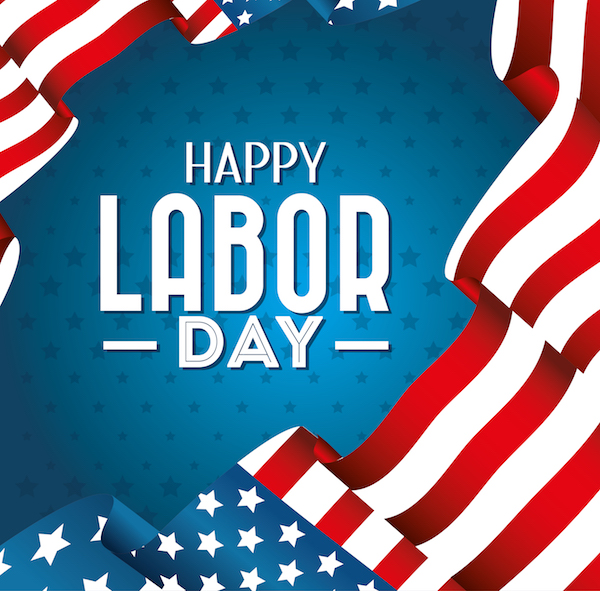The History Of Labor Day

Labor Day, the first Monday in September, is a creation of the labor movement and is dedicated to the social and economic achievements of American workers. It constitutes a yearly national tribute to the contributions workers have made to the strength, prosperity, and well-being of our country. Labor Day also symbolizes the end of summer for many Americans, and is celebrated with parties, parades and athletic events.
The first Labor Day holiday was celebrated on Tuesday, September 5, 1882, in New York City, in accordance with the plans of the Central Labor Union. They held its second Labor Day holiday just a year later, on September 5, 1883.
The origins of Labor Day came during a dismal chapter of American history. In the late 1800’s, at the height of the Industrial Age, the average American worked 12-hour days, seven days a week to simply eke out a basic living.
Almost 150 years after the first Labor Day observance, there is still some doubt as to who first proposed the holiday for workers. Some records show that Peter J. McGuire, general secretary of the Brotherhood of Carpenters and Joiners and a co-founder of the American Federation of Labor, was first in suggesting a day to honor those “who from rude nature have delved and carved all the grandeur we behold.” Some suggest it was Matthew Maguire, later the secretary of Local 344 of the International Association of Machinists in Paterson, N.J. What is clear is that the Central Labor Union adopted a Labor Day proposal and appointed a committee to plan a demonstration and picnic.
The idea of a “workingmen’s holiday” caught on in other industrial centers across the country, and many states passed legislation recognizing it. Congress would not legalize the holiday until 12 years later, when a watershed moment in American labor history brought workers’ rights squarely into the public’s view. On May 11, 1894, employees of the Pullman Palace Car Company in Chicago went on strike to protest wage cuts and the firing of union representatives.
The character of the Labor Day celebration has undergone a change in recent years, especially in large industrial centers. This change, however, is more a shift in emphasis and medium of expression. Labor Day addresses by leading union officials, industrialists, educators, clerics and government officials are given wide coverage in newspapers, radio, and television.
If you are a care provider, you may not always feel as though you are making a contribution to the economics of our country but you actually do! While many caregivers still work a full-time job, others provide care to a loved one with no compensation. Indeed, caregiving is a labor of love; a valuable contribution to the care recipient, the family and seniors in our country. So don’t let Labor Day pass without giving yourself a little credit for the value that you bring to those across the country and all that you do!
If you are taking care of an older adult over Labor Day, perhaps going out in the morning to a parade, or taking them to a picnic would be a nice way to remember the holiday, and why it’s an important day on our calendar and in American history.
FREE BROCHURE Today!
